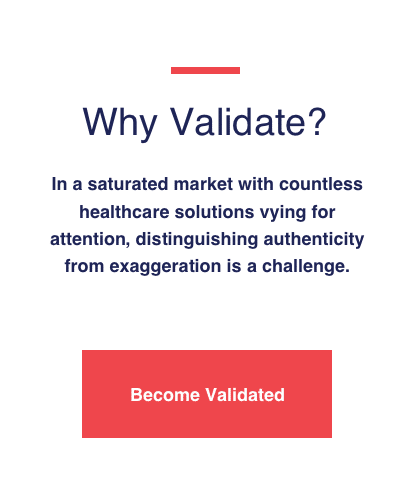Medicine has always aimed to help people heal and return to fuller lives. Advances in modern medicine, especially in fields like surgery, have transformed what’s possible. But when it comes to chronic illness and mental health, progress has been less consistent. Too often, care focuses on symptom management rather than lasting recovery. Many people find themselves trapped in endless cycles of medications and interventions that offer temporary relief but little long-term change. Relapse is also far too common—more than 50% of people treated for depression relapse within two years. This gap highlights how much more work we have to do to truly improve care.
In mental health especially, we rarely measure the true impact of treatment. Outcomes are poorly tracked, and progress is often judged by process rather than results. Historically, there were reasons for this, but today we have the tools and data infrastructure to measure both the clinical and economic impact of interventions. That makes it imperative to embed measurement-based care across the field—not only to evaluate effectiveness, but also to understand cost and long-term value.
Beyond measurement, we must also prioritize the independent validation of outcomes—and transparent communication about what has been validated and what has not. Measurement alone can create a false sense of progress if results are not rigorously verified. Independent validation ensures that claims of effectiveness truly reflect impact in the real world, not just selective data. This kind of accountability matters not only for patients and clinicians, but also for employers, payers, and policymakers who must decide where to direct limited healthcare resources. Equally important is sharing these findings openly, so all stakeholders know which interventions deliver genuine clinical and economic value. Without this, we risk continuing to implement solutions that fall short, both clinically and financially.
This is why I welcome the work of the Validation Institute in serving as an independent third party to verify healthcare and mental health interventions. Accountability and measurability are essential to building transparency, trust, and effectiveness into our healthcare systems. After all: what we cannot measure, we cannot manage—or improve.
Read Meru Health Validation reports here.





